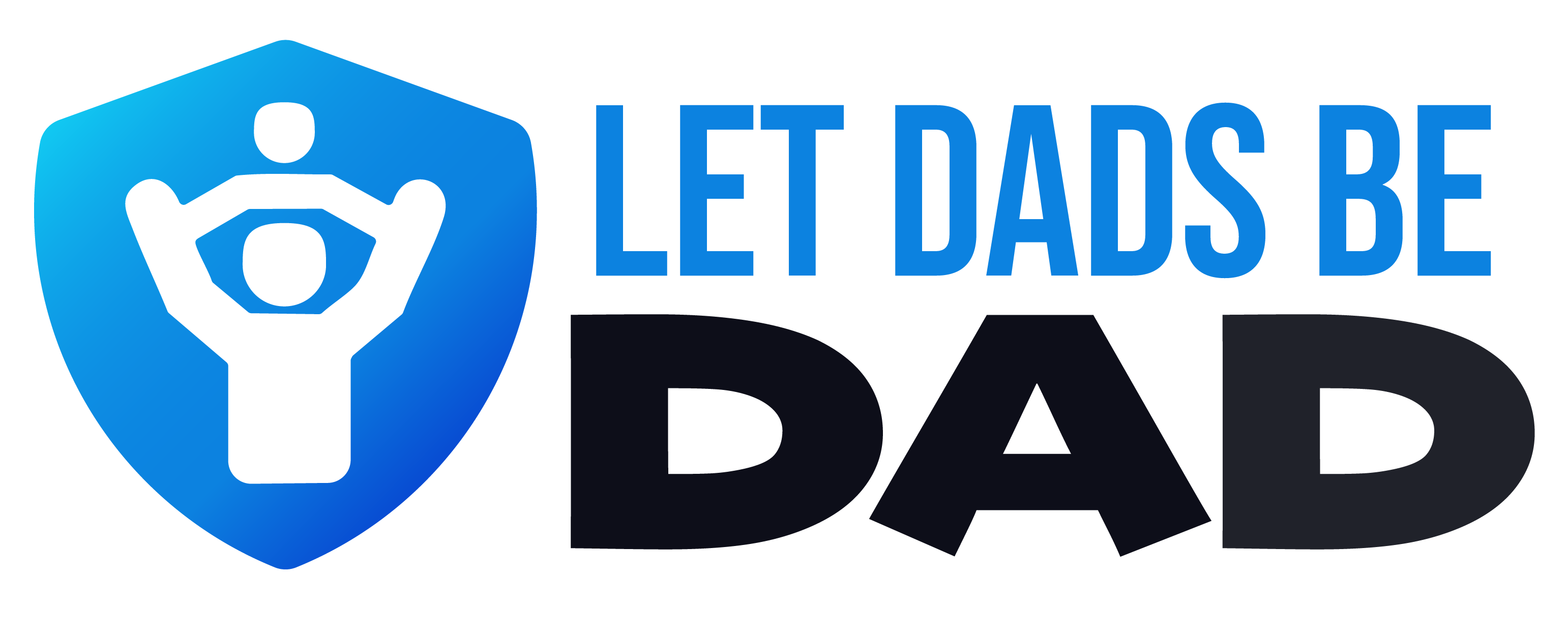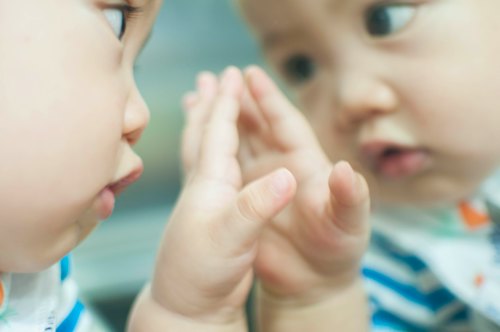A New Study Proves That Baby’s Brains Are Miraculously Weird & Self-Aware
— Karl Tapales/Moment/Getty Images
Every new parent obsesses over baby development and milestones. When do babies find their feet? When do babies turn over? When do babies smile? Does a baby even really know what’s going on? Is my baby finding out these things too slowly? Or is my baby a super-genius? There have been millions of words printed explaining to parents what to expect and when, but new research recently discovered that babies might just be more self-aware earlier than we previously thought.
Researchers from the Birmingham BabyLab at the University of Birmingham collected data from 20 four-month-old babies. First, they showed them a moving ball on a screen. The ball moved either forward or away from the infant, and when it was closest, the baby received a small vibration on their hand. Brain wave data was monitored continuously throughout the exercise.
The research team found that as early as four months, babies showed increased brain activity when the touch was preceded by the ball approaching them on the screen. Okay, but why does that matter?
“Our findings indicate that even in the first few months of life before babies have even learned to reach for objects, the multisensory brain is wired up to make links between what babies see and what they feel. This means they can sense the space around them and understand how their bodies interact with that space. This is sometimes referred to as peripersonal space,” lead researcher Dr. Giulia Orioli, a research fellow in psychology at the University of Birmingham, explained in a statement.
“Of course, humans do this all the time as adults, using our combined senses to perceive where we are in space and making predictions about when we will touch an object or not. But now that we know that babies in the early stages of their development begin to show signs of this, it opens up questions about how much of these abilities are learnt, or innate.”
It boils down to self-awareness. Basically, babies become self-aware and have some concept of how their bodies interact with the world much earlier than previously thought. That brainwave activity ramping up when a touch was preceded by a ball moving toward them means that babies might innately understand that they have bodies that take up space.
A baby discovering their feet or hands for the first time has long been thought to be a a sign that the child is becoming self-aware and learning that they have a body that they can control. But these findings show that that this aspect of self-awareness may be hardwired into babies and is not necessarily something that’s learned through trial and error or exploration.
What does this mean for new parents? Mostly, nothing. The findings don’t suggest that parents should interact with their babies any differently. But they do suggest that babies’ brains are hard at work from the get-go, and that the immature brain still has plenty of surprises left to discover.
The researchers hope to repeat the experiment with people both older and younger and attempt to determine if adult brainwave activity can predict the development of baby brainwave activity as a baby ages. In the meantime, pass your baby that ball!


